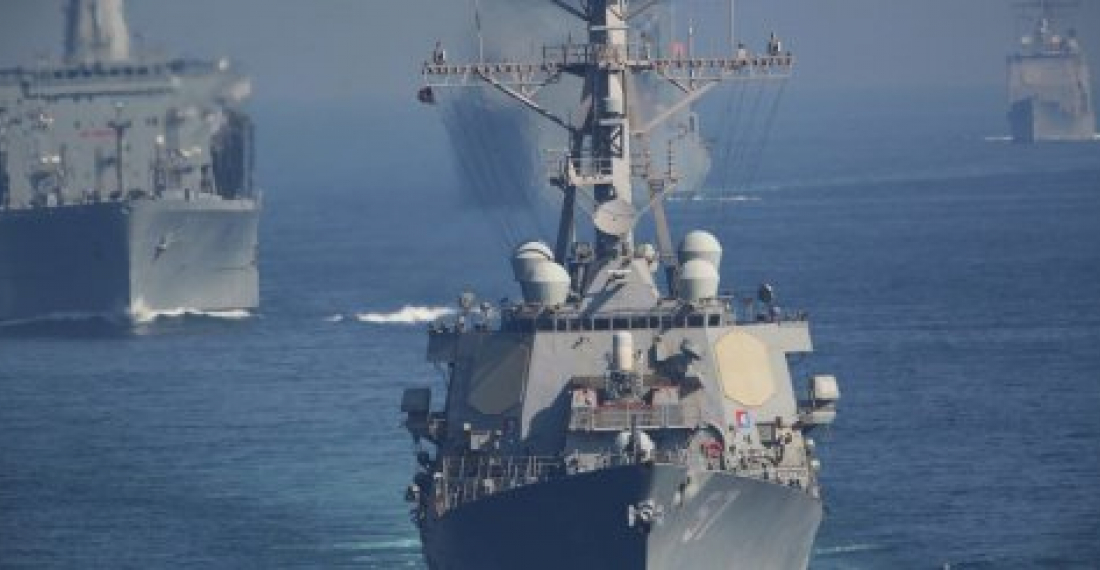The last few weeks have seen increased tension in relations between the United States and Iran. A US Navy carrier group has been deployed in the Persian Gulf as both sides trade accusations of malintent. "War drums are beating louder in Washington's long-festering standoff with Iran and National Security Advisor John Bolton, a veteran champion of regime change, is the bandmaster", says France24 news channel. "When it comes to Iran, the White House seems to be bristling for conflict. Trump pulled out of an international agreement regulating Iran's nuclear activities, ramped up sanctions crippling the country's economy, and now has added the threat of firepower to increase the pressure. Having backed Iran into a corner, the Trump administration is warning of severe consequences should Tehran harm US interests. On Sunday, mysterious attacks by unknown assailants against four ships, including two from Saudi Arabia, sent war talk up another notch", the French news channel reports.
The governments in the South Caucasus are looking at developments with a sense of trepidation, and deja vue. All three have important trade and commercial relations with Iran, and the prospect of an all-out confrontation between the Islamic Republic and the US puts all three in a difficult position. There have been similar situations in the past, and in some sense the current situation is easier for the three South Caucasus countries to handle. In the current stand-off, the US remains alone, with Europe, China and Russia reluctant to jump on the bandwagon.
Of the three countries, Armenia appears to be the most vulnerable in case of an escalation. The recently appointed US Ambassador in Yerevan has tried to give some assurances: "The United States understands that the southern border is very important for Armenia, for its trade and security relationship with Iran", U.S. Ambassador to Armenia Lynne Tracy said when asked how US-Iran relations could affect Armenia. "We are not asking Armenia to cut off its trade with Iran. We have no interest in interfering with legitimate trade between this nation and very important neighbour," she said while presenting the priorities of her mission in Armenia. The American diplomat said Washington is asking international partners "to join with us in opposing behaviour, in countries near and far, that is destabilising and that is not consistent of what we expect from a government that wants to be a part of international community", the news.am website reported.
source: commonspace.eu with agencies
photo: The US has deployed a US Carrier Task force to the Persian Gulf as the White House beats the war drums (archive picture)






